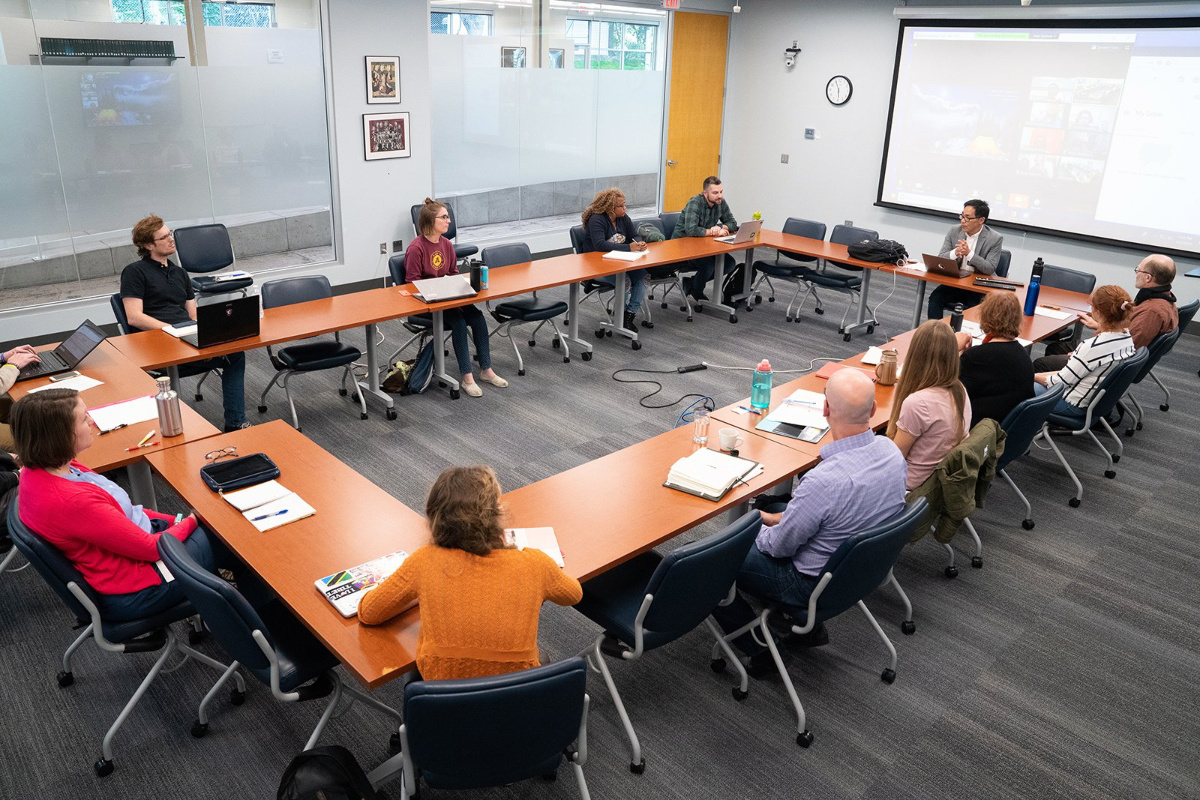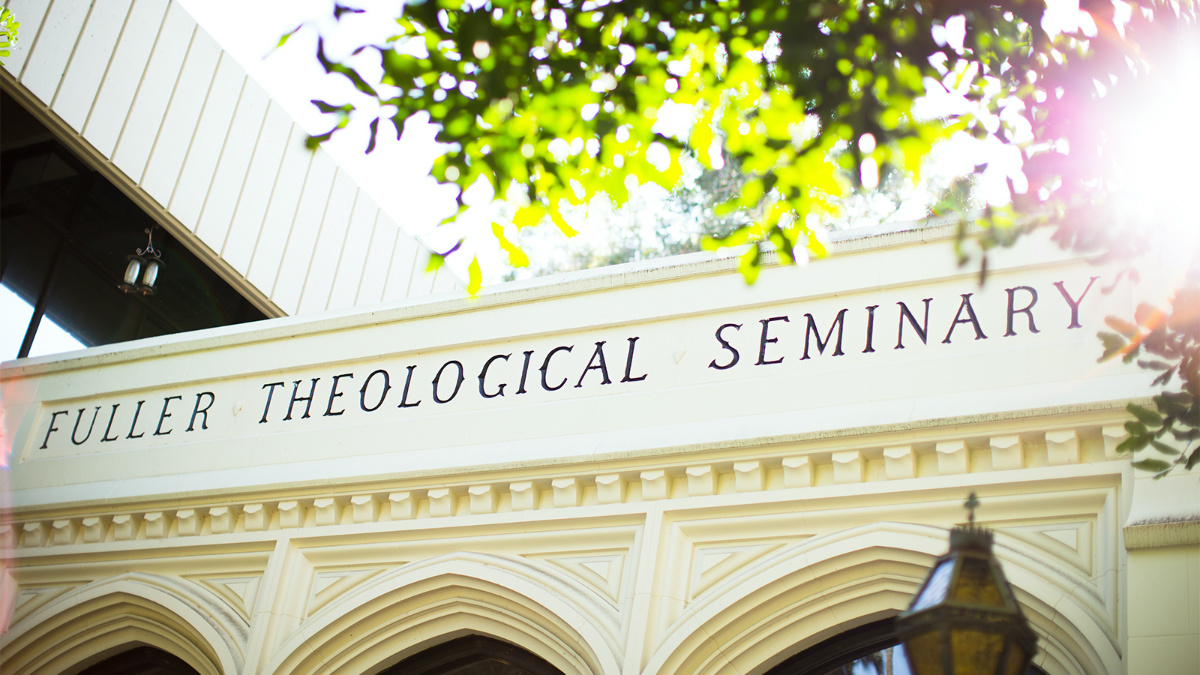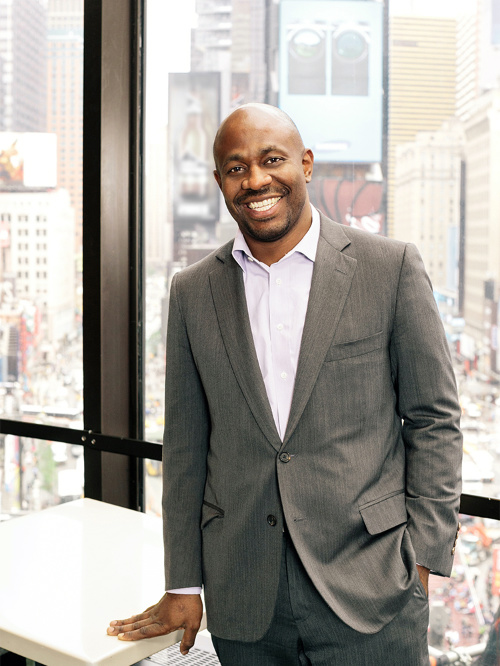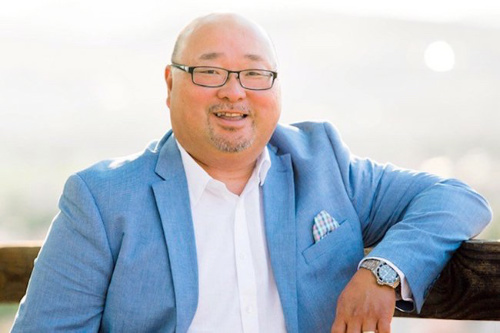
KATHRYN POST, of Religion News Service, report on how several American seminaries have stepped in to help companies…
Some corporate culture experts point to Black Lives Matter. Others say it is the soul-wringing work-life decisions forced on CEOs during the pandemic. Still others date large companies’ engagement with social justice issues back to the early days of the #MeToo movement.
Jeff Stoner, an executive coach in Minneapolis, said he has been fielding deeper questions from his corporate clients for years about purpose and priorities.
“I was finding in so many of my coaching engagements that we were talking about things that could be defined as spiritual or faith-centred,” said Stoner, a senior vice president at a large corporate leaders consultancy firm.

Students attend class at United Theological Seminary in St Paul, Minnesota, on 5th September, 2019. PICTURE: Angela Jimenez
These leaders aren’t asking these questions for themselves alone. What’s best for the bottom line is no longer found only on a balance sheet, but in ethical calculations that impact a company’s ability to hire top talent from a workforce brought up on volunteerism, social engagement and notions of corporate responsibility in areas such as race, climate and even partisan politics.
While #MeToo caused self-examination in boardrooms and human resources departments, it was the George Floyd summer of 2020 that brought much of corporate America’s alignment with the Black Lives Matter movement, setting a new precedent for social engagement. The awareness carried into the fall of 2021, when Bumble, Lyft and Uber made headlines for positioning themselves against a new Texas abortion law. In between, staffers at East Coast publishing houses killed books that offended their employees’ politics.
“It was a response to the market at one level, and at another level, it was an expansion of our own call and sense of vocation as a seminary.”
– Kyle Roberts, dean of UTS
Executives are looking for help in deciding what matters, to their companies, to their staffers and to them.
Several American seminaries, long training grounds for aspiring pastors and rabbis, have begun to answer the need.
United Theological Seminary, a Christian seminary open to all religious and spiritual perspectives, has been offering a Master of Arts in Leadership program since 2015. The two-year program combines theological training with practical leadership skills that can be applied anywhere, from congregational meetings to corporate boardrooms.
The program is an evolution of an earlier master’s program the seminary offered in religious leadership. Kyle Roberts, dean of UTS, said the school dropped “religious” from the name to signal that the program was open to those with non-religious vocations.
“It was a response to the market at one level, and at another level, it was an expansion of our own call and sense of vocation as a seminary,” he said.
While the degree has been popular among leaders of non-profit organisations, Stoner, the executive coach, was one of the first to arrive, three years ago, from the for-profit corporate sphere. Stoner said he didn’t expect to apply his theological training to his work; he initially enrolled to grapple with spiritual and social issues after the killing of Philando Castile, a Black man shot by a Minneapolis police officer, as well as with events in his personal life.
“They gave me this permission to really explore my faith, my relationship to spirituality, social justice, racial justice and social transformation in my context of corporate America,” said Stoner.
We rely on our readers to fund Sight's work - become a financial supporter today!
For more information, head to our Subscriber's page.
A generation ago, corporate leaders were more likely to have grown up in a faith community. But spirituality and its values are still relevant.
“Spirituality has not been decreasing,” said Roberts. “It’s still very much part of the human experience and human condition and values.”
Students in the MAL program tend to be spiritual rather than religious and come from a wide range of fields, according to Justin Sabia-Tanis, director of the social transformation program.
As much as seminaries are responding to a need in corporate America, they are also adapting to what the decline in institutional religion has visited on them. In today’s more spiritually diverse religious landscape, there is less interest in traditional church ministry.
Over the last six years, 43 to 45 per cent of Yale Divinity School’s student body has been enrolled in that school’s two-year Master of Arts in Religion program, a customisable degree for students pursuing academia or a role that doesn’t require ordination. More than half (56 per cent) of this year’s incoming class is in an MAR program.

Fuller Theological Seminary in Pasadena, California. PICTURE: Courtesy of Fuller Theological Seminary
At Fuller Theological Seminary in Pasadena, California, “roughly half of Fuller graduates are utilising their Fuller education in contexts that extend beyond classic church and congregational settings,” Marcus Sun, Fuller’s vice president of global recruitment, admissions, marketing and retention, told Religion News Service in an email.
In October, Hartford Seminary in Connecticut rebranded as Hartford International University for Religion and Peace. The new name better reflects the school’s purpose – it hasn’t ordained a clergyperson since the 1970s – and its offerings, which include degrees in interreligious studies and international peacebuilding and religious diversity training for professionals.
“I kept coming up against this issue of our name and having to explain to people that we’re not really a seminary,” said Joel Lohr, who became the school’s president in 2018. “People would ask, ‘What church are you affiliated with?’ But we’re not associated with the church. Forty-five percent of our students are Muslim.”
Launched in the fall, Hartford’s religious diversity classes aim to demystify religious dress and grooming codes, diets and holiday observances. Lohr told RNS he hopes the trainings help employers to both retain good talent and develop genuine interest in what gives their employees meaning and purpose.
But some former seminary students say it is the traditional divinity classes that have been the most valuable for their careers.
“The skills that ministers bring to their work are the skills that business schools desire to give to their students, and that CEOs want. They want empathy, connectivity with others, active listening,” said Karim Hutson, who founded a real estate development company called Genesis after graduating from Harvard Business School in 2003 and from Harvard Divinity School five years later.
“I think especially post-COVID, people are more reflective about what the meaning of life and meaning of work is, and that is the work of a theologian.”

Karim Hutson. PICTURE: Courtesy of Genesis Companies
Genesis, which collaborates with mixed-income communities on real estate projects, is based on what Hutson learned in a class on the Hebrew Bible he took at the divinity school while getting his MBA. It taught that at the dawn of creation, water existed before God created light.
“No development or community redevelopment plan is about creating something out of nothing,” he said.
Harvard Divinity, which has offered courses and events on business and ethics in the past, currently hosts a student group that studies responsible management practices. But Hutson said the most influential classes he took at divinity school weren’t about business, but pastoral care.
“What is a leader if they can’t actively listen? If they can’t make people feel heard? And if they don’t understand how to affirm and speak to people in a way that they can understand and relate to?” he said.
These questions about leading other people lead naturally into the changing role of corporations in their communities. In 2019, Yale Divinity School hired Alison Cunningham to oversee the school’s non-profit internship program. The longtime CEO of a non-profit serving the homeless, Cunningham also teaches a course on nonprofit management – the most recent iteration placed students on non-profit boards.
Cunningham said theological training helps leaders think deeply about the impact of their work outside the corporate campus.
“What is our philosophy for running this nonprofit or corporation? How are we accountable to our community? What does it mean to do justice in this context? That’s the kind of education we provide here,” she said.
It’s easy to imagine corporations looking to seminaries for people to lead their social engagement efforts, and a more diverse leadership class. In fall 2021, Fuller added a fully online Master of Arts in Justice and Advocacy program. The degree provides a Biblical foundation for students looking to work in community organising, community development or nonprofit work.

Byron Chung. PICTURE: Courtesy photo
A few miles north of Silicon Valley, another California school is offering an online program for leaders interested in spirituality and justice. In spring 2021, the Ignite Institute, an enterprise of Pacific School of Religion in Berkeley, California, launched a new cohort program on wisdom-based leadership. The six-week program was designed with 20-to-35-year-olds and people of colour in mind.
“We really need a new way to lead,” Ignite’s executive director Byron Chung said. “As a father of three 20-year-olds, I’m afraid we’re losing a generation of young people who are becoming isolated, angry and disengaged from the problems around them. We need to awaken their agency and help them see something new.”
Though the Pacific School of Religion is affiliated with three mainline Protestant denominations, the Ignite Institute uses an “inter-spiritual” framework that centres contemplative wisdom from under-represented communities.
Areej Masoud participated in the first wisdom-based leadership cohort and is now a program co-facilitator. A faith-based community organiser and entrepreneur based in Bethlehem, she says the cohort teaches how to lead compassionately, rather than “leading by the status quo.”
“Ignite’s teaching was required decades ago,” said Masoud. “We need healthy leadership, especially with all the challenges we have in the world.”





